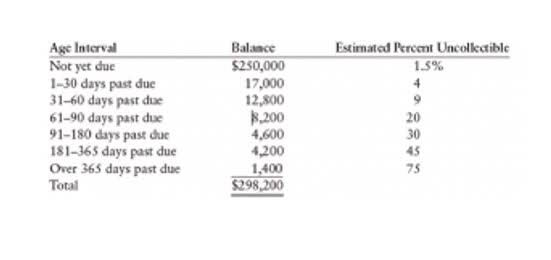In-House vs Outsourced Accounting: Which’s Right for You?

This detailed record-keeping is essential for everything from managing cash flow to making informed business decisions. Without accurate bookkeeping, it’s like trying to assemble a puzzle without all the pieces – you’ll never see the complete picture. Most modern businesses use digital bookkeeping software to automate this process, making it easier to capture, categorize, and store financial records.

Definition of bookkeeping

Remote specialists provide comprehensive merger and acquisitions support, helping your CPA and accounting firms guide clients confidently through complex transactions while ensuring optimal financial outcomes. On the other hand, outsourcing provides access to specialized expertise and scalability at a lower cost. Yet, it may come with less direct control and possible communication challenges. in house accounting vs outsourcing Carefully weighing these factors will help determine the best approach for your accounting department. Ultimately, the right choice depends on balancing your need for control, cost savings considerations, and the level of expertise required. Aside from direct costs, it is also essential to consider the indirect benefits and costs when comparing in-house accounting to outsourced accounting bookkeeping.

MEET THE TEAM
Modern financial Coffee Shop Accounting automation tools can help you track assets, liabilities, and owners’ equity in real time, giving you better visibility into your financial position. These include short-term liabilities like accounts payable (money you owe suppliers), credit card balances, and payroll obligations, as well as long-term liabilities like business loans and leases. At its heart, bookkeeping involves recording daily transactions in accordance with Generally Accepted Accounting Principles (GAAP). The time and money you save will let you focus on growing your business instead of just keeping up with daily tasks. Businesses posting at least once daily see more engagement than those posting weekly, yet 65% of small business owners say they lack time to maintain consistent posting schedules. How much control you need over work quality will help determine your best approach.
Are There Any Differences Between In-House and Outsourced Accounting?
- Having control over the entire development process allows you to adapt the project as needed, ensuring that the software meets your evolving business needs and standards.
- For support with these essential tasks, explore our managed accounting services.
- But many bookkeepers are willing to work just a few hours each week or each month, making this option more affordable.
- This isn’t always a negative, however, you might have a greater risk of receiving below par processing and month-end reporting.
- This post provides a clear breakdown of these two essential functions, explaining their distinct roles and how they contribute to your business’s financial well-being.
Smaller businesses with limited budgets may find outsourcing more affordable, while larger companies may CARES Act have the financial capacity to maintain an in-house accounting team. This shift isn’t that shocking considering what an expensive matter accounting can become. But are there any differences between in-house and the outsource accounting services? Our guide will help you get all the details you need to make the right decision for your accounting needs.
This strategic planning aspect of accounting goes beyond simply recording transactions; it’s about using financial data to drive business growth and success. To discuss how we can help you leverage accounting for strategic decision-making, contact us. Running a business often feels like juggling a million things at once, and managing finances can quickly become overwhelming.
